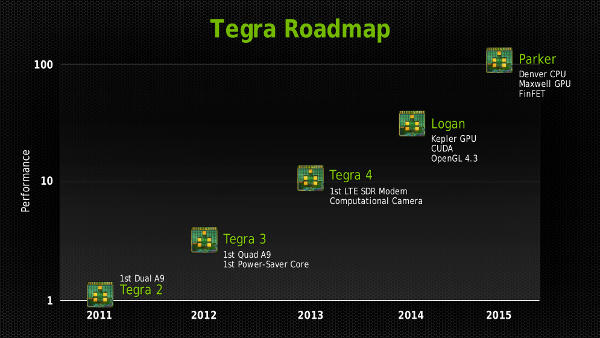G
Guest
Guest
Snapdragon 801, the recently-announced update to the Snapdragon 800, shares some of the same SKUs as Snapdragon 800. So, how do you tell the difference? We break down the family and introduce you to the first benchmarks of Sony's Xperia Z2 tablet, too.
Qualcomm Snapdragon 801: Performance Previewed : Read more
Qualcomm Snapdragon 801: Performance Previewed : Read more




